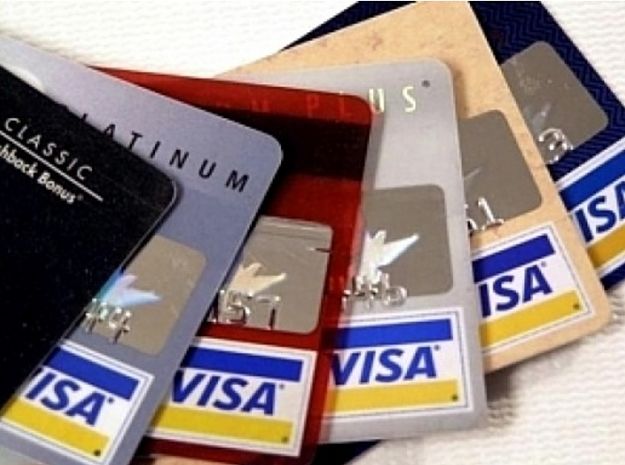How Best to Control Impulse Spending and Buying - Simple Checklist
One of the fastest and effective ways to destroy a budget is to overspend on impulse. If you see something you like, and you buy it without thinking of the consequences, there goes your budget down the drain in a flash.
Are you quick to buy things as soon as you see a new advertisement? Do you buy things quickly on the spur of the moment? If so you are probably an impulse buyer and your 'sins' will be recorded in the overspent credit card statement that you get every month.
Impulse buying is what drives the advertisement industry - buyers who take the bait of a bargain and spend without taking a 'rain-check' to the consequences.
Impulse spending can destroy your budget plans and aims. It wipes out your savings. It means you have less money for the things you really need for the essentials.
This article provides some simple tips you can use to stop impulse spending
What is Compulsive Buying Disorder?
Research studies have identified a condition known as Compulsive Buying Disorder (CBD) that results in poorly controlled and excessive shopping that causes financial stress and impairment.
Sometimes it is linked to shop-lifting.
Studies have shown that the more extreme versions of this affliction affects about 6% of the US population. Minor forms of the affliction affect a much higher proportion of the population.
Most of the people reporting for treatment are women (about 80%). People with Compulsive Buying Disorder experience a pre-occupation with buying and shopping, anxiety or tension before making purchases and relief from the tension when the purchase is made.
Research studies also suggest that compulsive shopping tendencies tends to run in families, and may be linked with depression and other disorders.
There are no standard treatments for Compulsive Buying Disorder in the clinical sense.
Tips to Control the Urge for Impulse Buying
Using these tips can help you control your impulse buying tendencies:
- Don't keep more than the bare minimum in your wallet or purse
- Hide your credit card in an inaccessible place in your wallet that takes time to access.
- Leave your credit card at home and only access it when you need it. If its not available you cannot use it.
- Replace your credit card with a debit card, which means you can only spend what you have in your account. Save your credit card for real emergencies and don't take it with you for normal shopping trips.
- Get into the habit of always checking prices of similar goods before buying - the longer this takes, the more time is available for you to reconsider whether you really need it.
- Always buy things online after doing the research by browsing in the shopping centers. If you have to go through the process of ordering online, and the delay this causes, you will be less likely to buy.
- Always apply a 24 hour 'rain-check' for all smaller purchases, or a week for major ones.
- Keep a priority list of essential items you need to buy in your wallet or purse. This will remind you that the impulse purchase will mean one of these essential items can't be purchased. Ask yourself: "What are you going to miss out on if I splurge on this impulse item?"
- Always discuss your planned purchases with your partner or a colleague, to ensure it is worthwhile. They will find out eventually and so face up to them now to get their approval or agreement.
- Stop all 'window shopping' - find another route that avoids the tempting shop windows. Browsing is too tempting for an impulse buyer - so avoid the temptation - don't browse by walking through the shops.
- Restrict the number of shopping trips you make and always prepare a list in advance and stick to it.
- Be aware of the advertising tricks that shops use - like always putting the sales items near the entrance to the store where everyone has to walk past them. Take the side entrance to avoid the sales aisles.
- Only take enough cash for the items you need to buy on your shopping list. If you are tempted to buy something on impulse it will be obvious that something on the list can't be bought.
- Try shopping more online so that you avoid being exposed to all those 'can't be missed' bargains and sales. It takes more time to order online and you will probably spend less anyway, because the items will be cheaper online.
- Avoid all so-called sales. Impulse buyers have no will-power and so the best strategy is to avoid all sales and bargain days.
- Reward yourself with a small treat whenever you turn your back on a bargain. This will help reinforce your resolve to stop being and impulse buyer.


